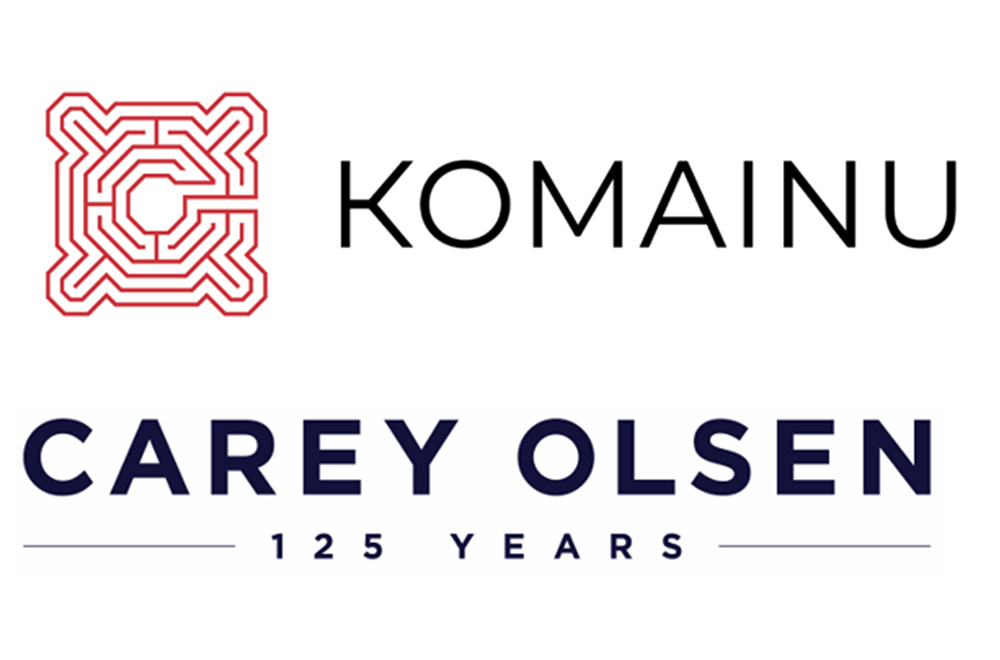The provision of custody services for cryptoassets has recently been under heightened scrutiny following high-profile insolvencies of certain crypto service providers. These insolvency proceedings have demonstrated that determining what type of claim clients of custodian wallet providers have in respect of their cryptoassets is crucial.
In the absence of a clear regulatory framework for cryptoasset custody, the product offering of custodian wallet providers varies significantly with the effect that, in practice, services provided under the label of crypto custody services, may not involve true "custody" and instead fall under an alternative legal regime. This has important consequences for a customer's claim to the "custodied" assets, including on insolvency.
We are delighted to have collaborated with digital asset custodian Komainu on this report, in which we aim to improve clarity for market participants on best practice, as well as draw attention to areas of legal and regulatory uncertainty where it would be helpful for legislators and regulators to take action that enhances certainty. The report contains a detailed analysis of the legal position of custodial wallet services across Australia, Germany, Japan, Jersey, the Netherlands, Singapore, the UAE, the UK and the US. We are grateful to the team at Carey Olsen for their contributions in relation to Jersey law.
Laura Nixon, Knowledge Director - Fintech says…
"Our new report on cryptoasset custody in collaboration with Komainu has some positive findings for market participants who offer or use carefully-structured custodial wallet services. However, the lack of consistent regulatory frameworks for cryptoasset custody globally presents a significant challenge for firms offering these services internationally. We hope that our policy recommendations will contribute to enhanced international consistency and legal certainty."
Madeleine Yates, Special Regulatory Advisor adds…
"This analysis of custody of cryptoassets throws into sharp relief the importance of understanding what is meant by the term "custody" and "segregation" amidst the operational constraints of cryptoasset services offerings."










